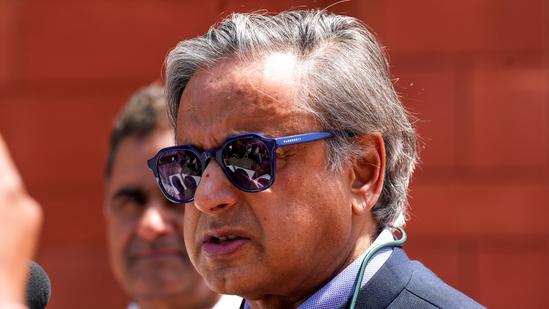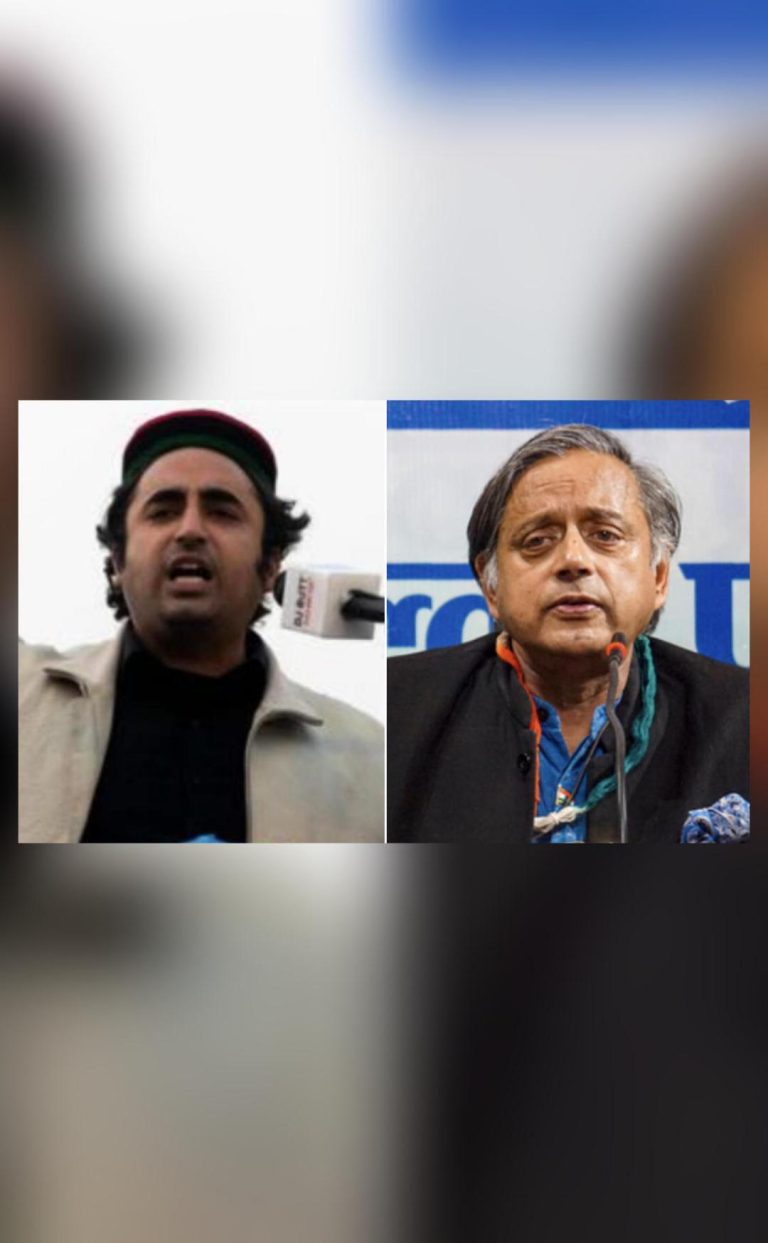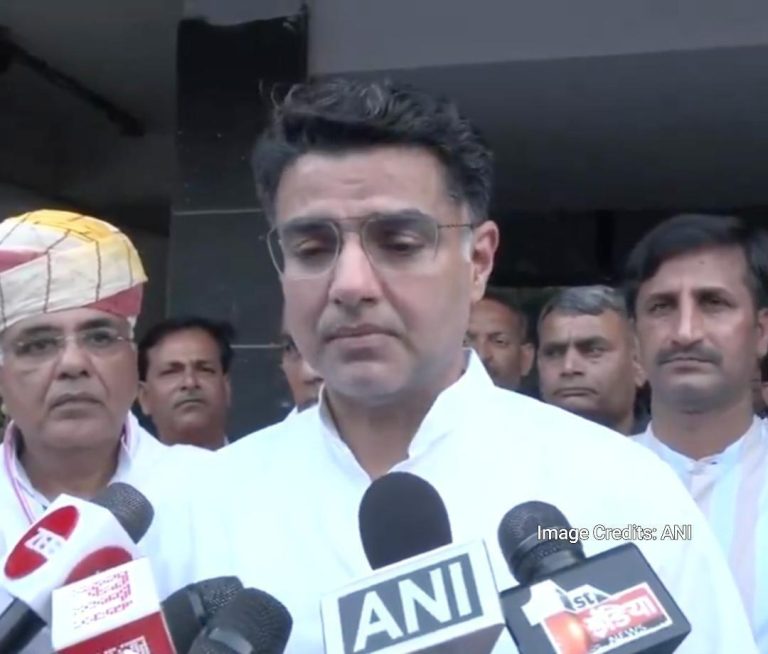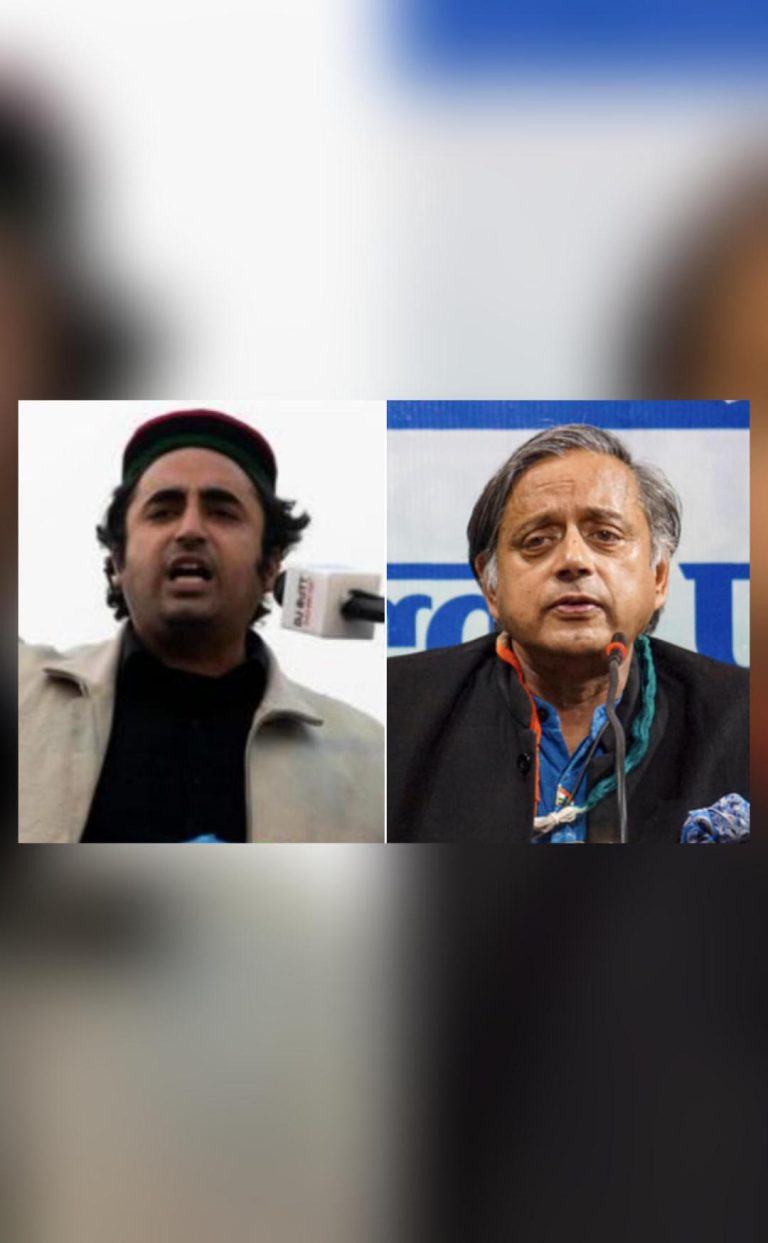
No Country Has 100% Foolproof Intelligence: Tharoor on Pahalgam Attack
The recent Pahalgam terror attack has left the nation in shock, with many questioning the preparedness of our intelligence agencies to prevent such incidents. However, Congress MP Shashi Tharoor has come forward to defend the government’s intel agencies, stating that no country can ever have a 100% foolproof intelligence. He compared India’s situation to Israel, whose intelligence services, despite being the best, were surprised by the Hamas attack on October 7, 2023.
Tharoor’s statement is a reality check for those who expect our intelligence agencies to be omniscient and omnipotent. It’s a harsh truth that even the best intelligence agencies in the world are not infallible, and that no system is completely foolproof. Israel, often considered to have one of the best intelligence agencies in the world, was caught off guard by the Hamas attack, which highlights the limitations of even the most advanced intelligence gathering capabilities.
In the aftermath of the Pahalgam attack, many have questioned the preparedness of our intelligence agencies to prevent such incidents. However, Tharoor’s statement is a reminder that intelligence gathering is an imperfect science, and that even the best agencies can’t anticipate every possible scenario. It’s a complex and dynamic process that requires constant adaptation and improvement.
Tharoor’s comparison with Israel is particularly noteworthy. Israel’s intelligence agencies are renowned for their expertise and capabilities, with many considering them to be the best in the world. However, even they were unable to anticipate the Hamas attack, which highlights the limitations of even the most advanced intelligence gathering capabilities.
The Pahalgam attack is a stark reminder of the ongoing threat posed by terrorism in our country. Despite the efforts of our intelligence agencies, terrorists continue to find ways to strike at the heart of our nation. It’s a challenging and complex problem that requires a multifaceted approach, involving not just intelligence gathering, but also law enforcement and diplomatic efforts.
Tharoor’s statement is also a reminder that intelligence gathering is not a binary process, where agencies are either completely effective or completely ineffective. Rather, it’s a continuum, where agencies can be effective in some areas, but less effective in others. It’s a process that requires continuous improvement and adaptation, as new threats and challenges emerge.
In the aftermath of the Pahalgam attack, there have been calls for greater accountability and transparency from our intelligence agencies. While this is a valid demand, it’s important to recognize that intelligence gathering is a sensitive and complex process that requires a delicate balance between secrecy and transparency. Agencies must be able to operate in secret to gather intelligence and prevent attacks, while also being accountable to the public and the government.
Tharoor’s statement is a reminder that our intelligence agencies are not infallible, and that even the best agencies can’t anticipate every possible scenario. It’s a harsh truth that we must accept, and one that requires us to be more realistic about the capabilities and limitations of our intelligence agencies.
In conclusion, Tharoor’s statement is a much-needed reality check for those who expect our intelligence agencies to be omniscient and omnipotent. It’s a reminder that no country can ever have a 100% foolproof intelligence, and that even the best agencies can’t anticipate every possible scenario. It’s a complex and dynamic process that requires continuous improvement and adaptation, and one that demands a delicate balance between secrecy and transparency.



